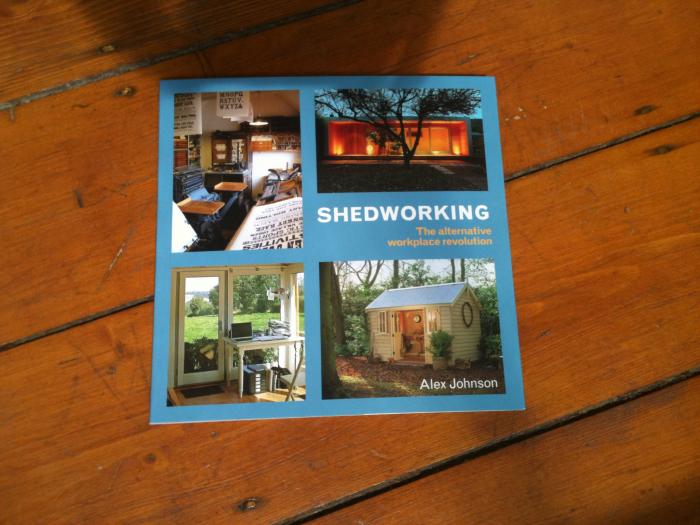Chris Shiflett has suggested a blog revival, and i’m having one of those days, trapped between sorting out domestic chores and procrastination, and not being entirely productive, so what better time to blog than right now!
One of the current topics being discussed is how twitter have asked developers to stop creating new twitter clients (for the non-technical a “twitter client” is a program or “app” such as tweetdeck that lets you use twitter on your computer or phone without visiting the twitter website). Apart from being an annoyance to people who want to create new clients, many developers including myself are starting to read between the lines, that this is a sign of the corporate machinery clanking into action to control how twitter is used, so they can more efficiently monetise it.
I think this is kind of inevitable – i’ve never seen a service adopted by the masses so quickly, and most long term users will remember when twitter struggled to scale as it suddenly became a network of multi-millions rather than a few hundred or a few thousand.Any social network system like this needs a critical mass of users to make it useful – but looking at my own needs, that critical mass consists of a couple of hundred of people who are mostly friends and colleagues in the web/ digital media industries. I don’t use the “trending” stuff and i’m not interested in following celebrities, so a critical mass for me would be for all or most of those people to adopt another system. Yesterday there were mumblings about identi.ca, and sure enough you’ll see that i’ve reserved my username (after some signup confusion and accidentally signing up to a mailing list instead).
Identi.ca is an open source solution and I look forward to seeing what develops with it, but I can’t help feeling that the real solution (especially for the technically inclined) is a decentralised system, just like blogs have always been – you host your blog either on your own site, or using a service such as blogger, and people consume them directly or via RSS readers. This is another example of geek-led innovation – the geeks were doing it first, the mainstream followed later.
I’ve had a quick look around for a decentralised micro-blog system, and it seems there are a few already out there, but before I look closer to see if any of them would fit my needs, here’s how I envisage it working:-
- You self-host a micro-blog on your site, it’s just like a blog, but each post has a 140 character limit
- The micro-blog has an RSS feed, a variant that can optionally include extra info such as “in reply to” and “location”
- You use a self-hosted micro-blog aggregator to follow other people’s micro-blogs (this could of course include a twitter stream, using RSS not their restrictive API)
- The aggregator could be on your site, or even running locally on your machine, and of course you could build ANY DAMN CLIENT YOU LIKE to view, interact with, and post to your micro-blog
- You could hook into most of the existing services for things like link shortening, image hosting etc.
- Private messaging would need some thought, but it’s essentially like having a contact form on your website (and the same spam considerations).
- Popularity contest “follower” stats would be optional – it would actually be pretty difficult to work out how many people are following you, other than analysing RSS stats, which can be misleading.
- Global search would be tricky without a central database, but I rarely use that.
- No central point of failure means the platform would be very resilient, and there would be no massive server-farm or staff to fund.
- No owner means the users run it, people may develop services around it to make money, but there would be no central owner
- The core tech should be really, really simple – the basic service should need no integration with services or API’s, or software installation requirements which may scare people off.
So, once the geeks have invented the platform, there would be a similar barrier of entry to participating as there is to starting a blog – you would either need to install it, roll your own, or sign up with one of the hosted services I can imagine popping up a few months later. Therefore mainstream adoption would be much, much slower and because of the way I want to use a service like this, that isn’t a bad thing.
Looking at my twitter profile, I currently follow 372 people, a number that i’d like to get down, but social etiquette dictates that I only unfollow people if they get ridiculously noisy or off-topic. I bet if I analysed how many people I regularly interact with or find unmissably interesting I would get that number down to less than 100. If I ever get round to building it, I wonder if I could persuade 100 geeks to try it? Of course as mentioned earlier, I could build an aggregator to follow peoples twitter streams via RSS, so I don’t necessarily have to have other people adopt the platform immediately, so maybe that’s where I will start – I wonder if scraping RSS feeds counts as use of the twitter API?




Nick Morgan 2011-05-19 10:05:02
I know the whole subject can seem quite trivial but to anyone who is a) deskbound at work and b) needs to focus for extended lengths of time in the same position I think it is pretty important to be able to move around. My experience is that sitting at a desk seems to make me want to stay sat down and I end up collecting all my desk oriented activities together. Anything that can force me to move around has got to be a win.
Robin Layfeild 2011-05-27 10:04:28